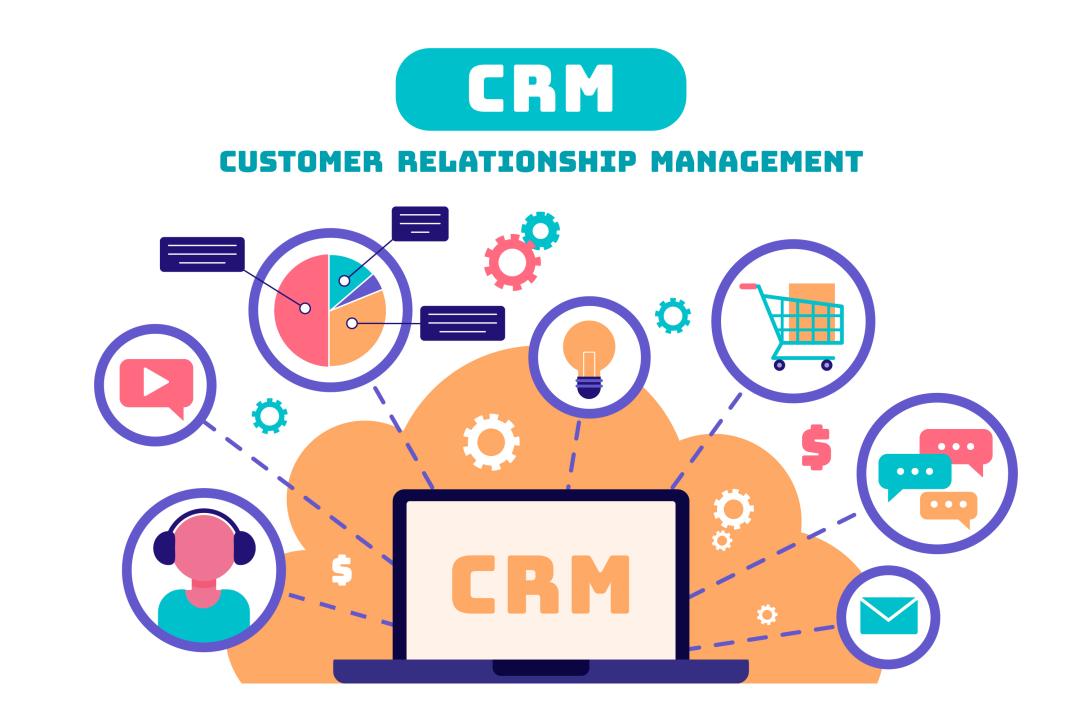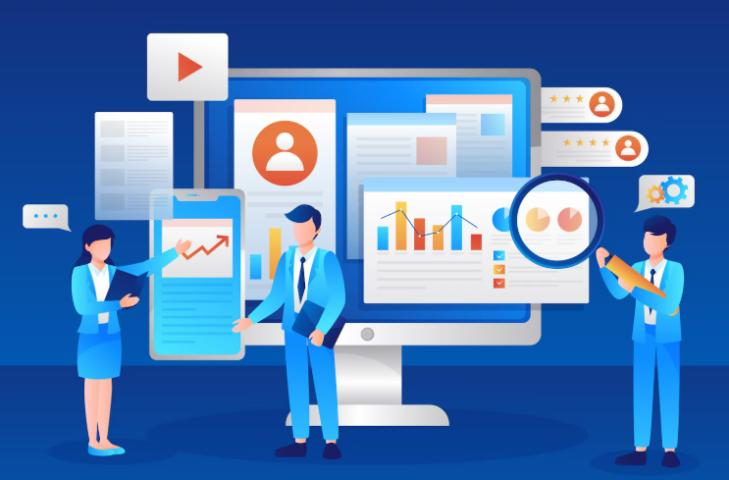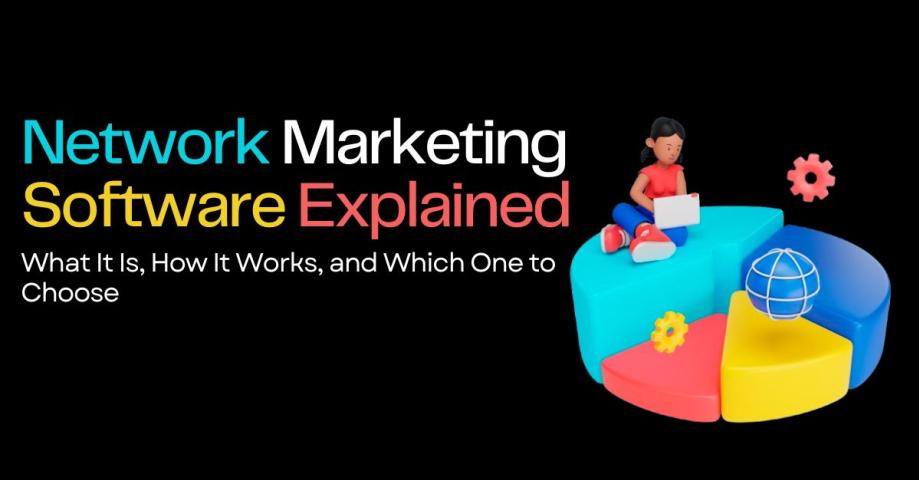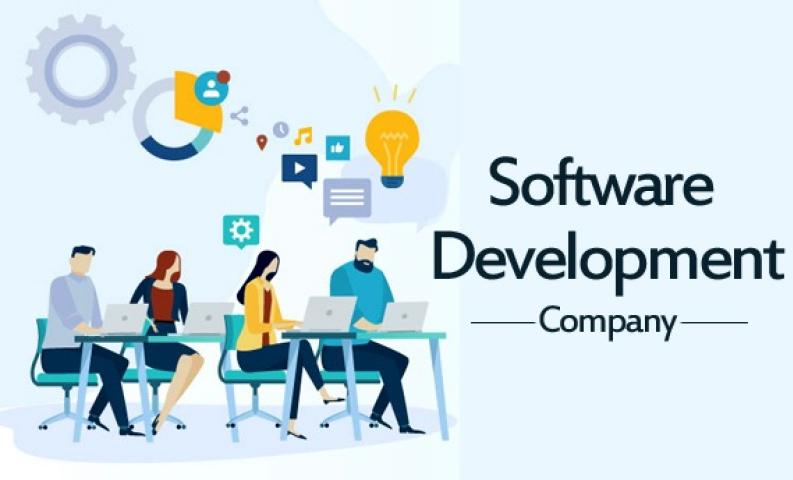In 2025, the integration of artificial intelligence (AI) and automation in CRM software development services is projected to reshape how businesses engage with their customers. According to industry research, about 75% of organizations are expected to adopt AI-driven CRM systems, leading to a significant increase in customer satisfaction and retention rates. This transformation is not just a trend but a crucial evolution for businesses looking to thrive in a competitive market.
AI and automation enhance CRM systems by streamlining processes and providing valuable insights that can lead to more effective decision-making. Here’s a closer look at how these technologies impact CRM software development services:
Enhanced customer insights
Data Analysis: AI can analyze vast amounts of customer data, identifying patterns and preferences that help businesses understand their clients better. This analysis enables more personalized interactions, fostering stronger customer relationships.
Predictive Analytics: By leveraging predictive analytics, businesses can forecast customer behavior, allowing them to tailor their marketing strategies and improve customer engagement.
Improved Efficiency
Task Automation: Automating routine tasks such as data entry, email follow-ups, and reporting reduces the time employees spend on administrative duties. This allows teams to focus on high-value activities, such as nurturing leads and closing sales.
Lead Scoring: AI can automate the lead scoring process, helping sales teams prioritize leads based on their likelihood to convert. This ensures that resources are allocated efficiently, maximizing sales opportunities.
Personalization at Scale
Tailored Marketing Campaigns: With AI-driven insights, businesses can create highly personalized marketing campaigns that resonate with individual customers. This level of personalization increases engagement and conversion rates, driving sales growth.
Dynamic Content: CRM systems can automate the delivery of dynamic content, ensuring that customers receive relevant information based on their behavior and preferences. This targeted approach significantly enhances the customer experience.
Better Customer Support
Chatbots and Virtual Assistants: AI-powered chatbots offer immediate assistance by responding to customer inquiries around the clock. This enhances customer satisfaction while also lightening the burden on support teams.
Sentiment Analysis: AI can analyze customer interactions to gauge sentiment, allowing businesses to respond proactively to customer concerns and enhance service quality.
Data-Driven Decision Making
Real-Time Reporting: Automation enables real-time reporting and analytics, providing businesses with up-to-date insights into customer interactions and sales performance. This timely data helps teams make informed decisions quickly.
Strategic Planning: The insights gained from AI analytics facilitate strategic planning, allowing businesses to adjust their strategies based on real customer feedback and market trends.
Security and Compliance
Data Security: AI can enhance data security by identifying potential threats and automating compliance checks. This is especially important in today’s environment, where data breaches are a significant concern for businesses.
Regulatory Compliance: Automated systems can help ensure that CRM processes comply with regulations, reducing the risk of non-compliance and associated penalties.
Conclusion
The integration of AI and automation in CRM software development services is more than just a technological advancement; it is a necessity for businesses aiming to stay competitive in 2025 and beyond. By harnessing these innovations, organizations can enhance customer engagement, improve operational efficiency, and make informed decisions based on real-time data.
With the growing demand for sophisticated CRM solutions, businesses looking to improve their customer relationship management should consider investing in CRM software development services that leverage AI and automation. This strategic investment will lead to enhanced customer experiences and improved business outcomes, paving the way for future success. For more information about how these technologies can transform business operations, visit us.



















